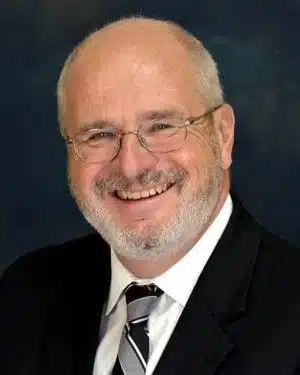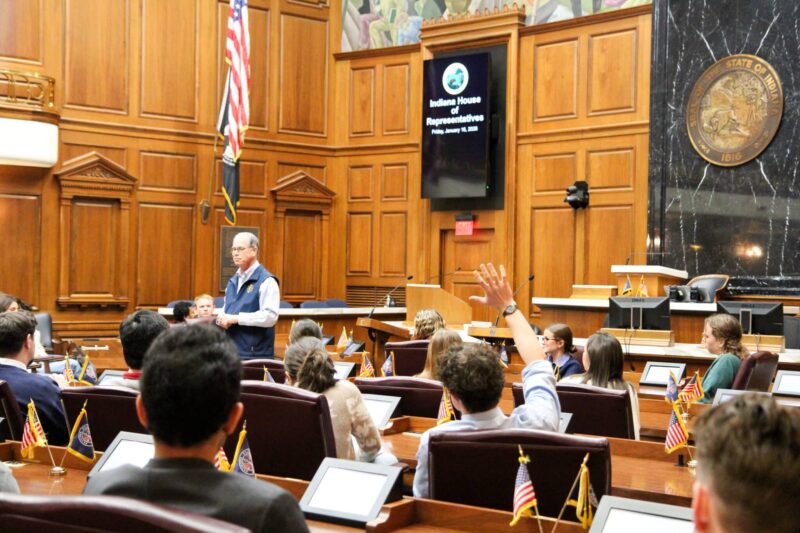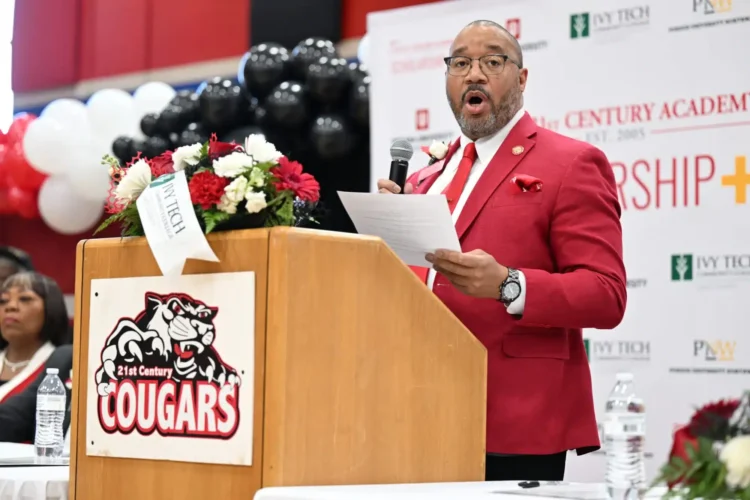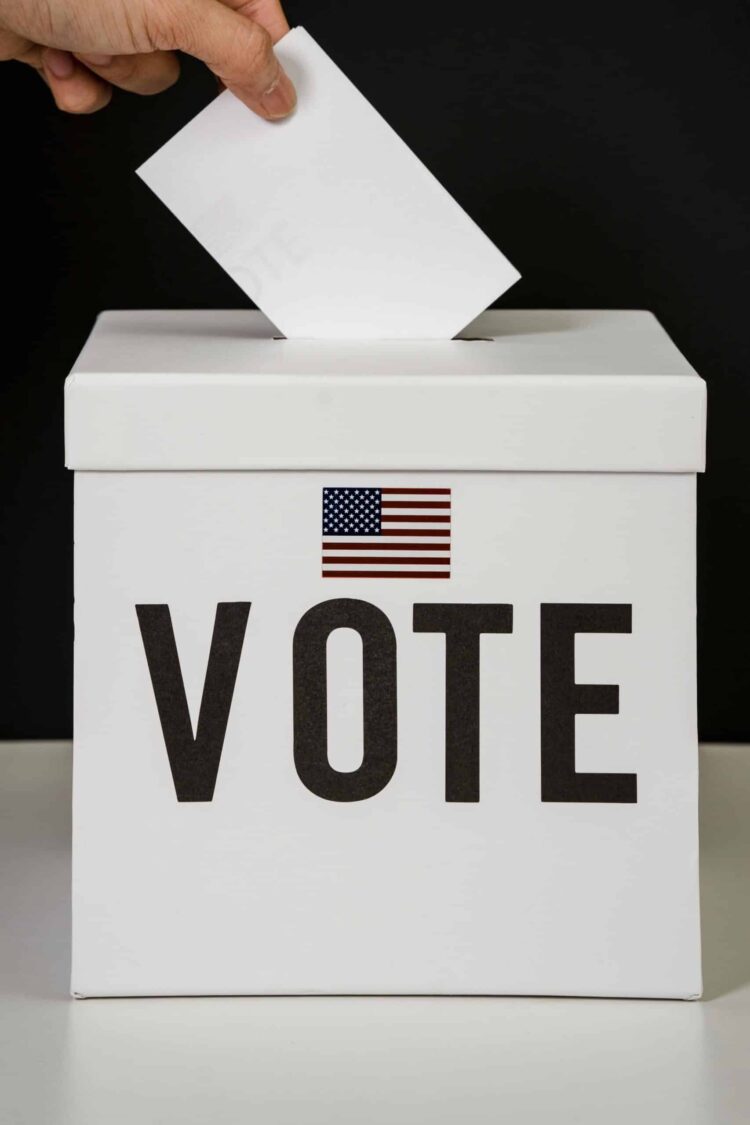The first is that—right, left and center—many Americans fear that we are on the edge of something truly awful, a long fall into a deep hole that we as a nation may never be able to crawl back out of. Kirk’s death has revealed a kind of despair that is metastasizing into sheer hopelessness, a sense that we Americans are helpless to slow—much less stop—our descent into the abyss.
The second is related to the first.
It’s become apparent to anyone with open eyes and a thinking mind that we all are prisoners of our feeds, captives of the algorithms that—day by day, hour by hour, minute by minute—deliver us both fact and fiction that conform to our preconceived notions, our biases and our outright bigotries. Our expanded access through technology to stores of knowledge undreamed of a little more than a generation ago and instantaneous means of mass communication has had an unexpected effect.
Rather than creating ways for us to share knowledge and to bring us together, this new technology has driven us into warring camps, isolated in our seething animosities, convinced that the stray pieces of the truth we each hold consist of the whole.
The reactions to Kirk’s death demonstrate as much.
To his critics, he was a racist and anti-Semite, a provocateur who said the 1964 Civil Rights Act that erased much of the institutional structure for racial segregation was a “mistake,” called the late Rev. Martin Luther King Jr. “an awful person” and blamed “Jewish money” for most of what was wrong with America. They pull those quotes—and sometimes the sound bites—and those phrases say all they want to hear about the founder of Turning Point USA.
To his admirers, he was a thoughtful young man, a creative thinker skilled at applying conservative principles to seemingly intractable social problems. They offer snippets from Kirk that highlight a more sober approach to public discussion—analytic nuggets that reveal a well-informed young man with a pronounced libertarian strain to his political thought grappling honestly with the issues of the day.
Which Charlie Kirk is the real Charlie Kirk?
Maybe both.
Maybe neither.
What these contrasting visions of Kirk tell me is that he—like all other human beings—was a more complex and complicated figure than either his idolators or his detractors would like to admit.
Most of us cannot be reduced to a caricature, whether that cartoon version is flattering or damning, without wounding the truth.
That’s why Kirk’s death has become almost like a Rorschach test.
In a culture that refuses to acknowledge nuance, particularly when it comes to the hot-button issues that divide us, this tragic moment shows just how hopelessly and helplessly divided we are. What we see in it reveals more about us than it does about him.
Utah’s Republican Gov. Spencer Cox is partly right when he blames this terrifying plummet into ceaseless infighting on what he calls “conflict entrepreneurs,” merchants of discord who profit from our increasing alienation.
Cox’s argument is weakened, though, by his seeming blindness to the ways political leaders and operators have leveraged social media and other forms of communication for their own purposes. If guns are merely tools and therefore not to be held in any way responsible for our national epidemic of gun violence—as Cox’s Republican Party asserts—then why don’t they apply the same logic to social media platforms?
Is the problem the tool, the person who wields it—or some combination of the two?
One reason we tremble at the edge of this horrifying abyss is that we can’t pose those sorts of questions, whether the issue is guns or social media.
It is that we can’t stand to hear—much less listen to and take seriously—ideas that conflict with our own preconceived notions or that touch upon our deepest fears.
There is no other path away from the abyss we now confront other than starting to show consideration for each other’s differences, including ideological ones.
One step down that path could be granting Charlie Kirk his humanity by recognizing that he, like all other human beings, possessed both virtues and flaws.
If we do that, maybe, just maybe, we’ll recover some of our own humanity in the process.








